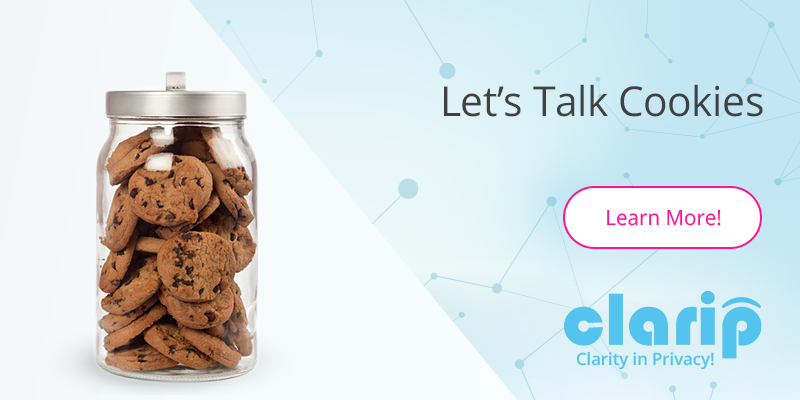Let’s Talk Cookies

Cookies. They are a hugely important part of the internet. Cookies have been to the internet what gold was to the west in the 1800s. The lure of a valuable, untapped resource attracted many people for the prospect of getting rich quickly. Gold. Cookies.
But the value of gold decreased as the supply increased. Gold mines dried up. Too many prospectors competed for too few veins of gold.
Cookies haven’t yet become devalued because of an overabundance of consumer data (thankfully!) The raw material (consumer data) for cookies is still out there to be gathered. The abundance of cookies and cookie-profiteers also doesn’t decrease the value of cookies.
All that being said, is the cookies and gold analogy a bad one? Not really. (Third-party) cookies are drying up as a valuable resource anyways. Not due to oversupply, depletion, or due to property rights claims, but instead due to privacy rights. Cookies are now being regulated and will only become more regulated with the passage of time.
Regulation
The ePrivacy Directive (EPD) [EU] regulate cookies. The EPD requires that websites get consent from visitors to store or retrieve any information on a computer, smartphone, or tablet.
Other data privacy laws, such as the General Data Protection Regulation (GDPR) [EU] and California Consumer Privacy Act (CCPA) [California, USA] also regulate cookies, but in a complementary fashion to the rest of their regulation. They don’t focus on cookies and equivalent tracking technologies with the laser focus that the EPD does.
Prior to the EPD and in the many places throughout the globe that don’t receive the protection of the EPD, a user could navigate to a website and be completely oblivious to the many cookies being placed on their device to track them. Cookies are just little data files, but what makes them special is that they can be used to track users.
With cookies, user browsing behavior can be identified as well entire user profiles. A user’s profligacy can be estimated, what sorts of things they buy on impulse can be tracked, even very personal details, like whether they have a baby on the way or are taking medicines for a particular medical condition. Cookies allow for the collection of user data and user data can be used to develop very valuable profiles of individuals. These profiles are very valuable to advertisers, because they can focus their advertising budgets on the individuals from whom they are most likely to generate revenue.
Fool’s Gold
Back to the cookies and gold analogy. With regulation, some cookies are more like fool’s gold than actual gold. Instead of being something of value, they may (and in this regard they are worse than fool’s gold), have a net negative value. Violation of the EPD or other laws which regulate cookies can turn that otherwise valuable cookie-gold, into more of a liability rather than a precious resource.
That’s where Clarip comes in. Our cookie consent module, data mapping, and data risk intelligence scan can all be used to reduce the risk that cookies on your sites and apps do more harm than good. Our data risk intelligence scan highlights areas of concern where you may be leaking data without being aware of it, including through cookies and similar technologies. Our data maps show the entire data flows of your websites, including to third-party cookies. Our cookie consent module is a one-stop shop for managing user consents for cookies. If your organization needs help keeping cookies gold, contact us at www.clarip.com or call Clarip at 1-888-252-5653 for a demo.
















